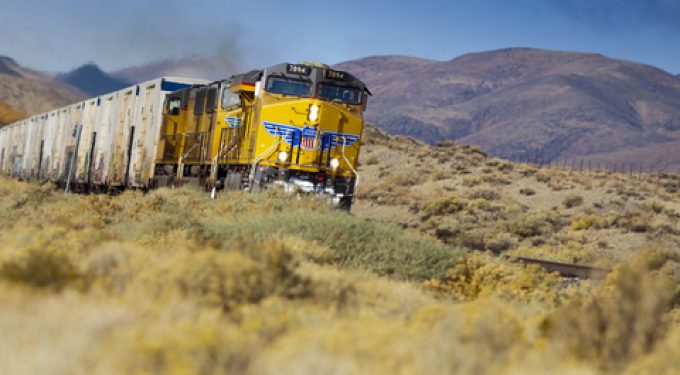Norfolk Southern uses earnings call to derail activist investor claims
Financial results barely registered in Norfolk Southern’s (NS) earnings this week – the Class I ...

The Federal Railroad Administration (FRA), a government agency under the umbrella of the US Department of Transportation, has voiced concerns about safety standards at Union Pacific (UP).
In a letter to top UP executives, federal railroad administrator Amit Bose expressed concern that defects found in a recent unscheduled inspection could represent a “significant risk to rail safety”.
FRA inspectors had visited UP’s largest railyard in western Nebraska and their report showed a 19.93% defect rate on railcars and a 72.69% defect rate ...
'Disastrous' DSV-Schenker merger would 'disrupt European haulage market'
New senior management for DSV as it readies for DB Schenker takeover
Volumes set to 'fall off a cliff' as US firms hit the brakes on sourcing and bookings
Asian exporters scramble for ships and boxes to beat 90-day tariff pause
Amazon pushes into LTL for small package fulfilment and UPS does a u-turn
Temporary tariff relief brings on early transpacific peak season
Pre-tariff rush of goods from US to China sees air rates soar, but not for long
'Tariff madness' will prompt renegotiation of ocean shipping contracts

Comment on this article